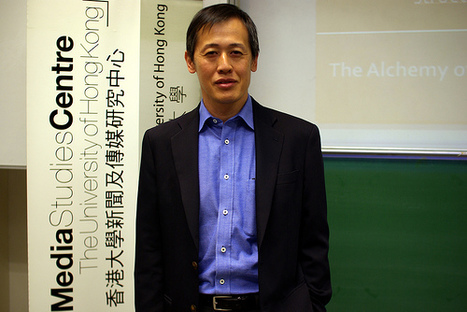Content Curation involves setting your content free, targeting the right market segments, organizing your content and be discerning with who you are sharing it with.
Ten Steps to Content Curation:
1) Get a grasp of your market focus.
2) Understand what topics are important to and will resonate with your target market.
3) Who are the thought leaders, influencers, bloggers, editors/reporters/digerati.
4) What content platform will reach your target market.
5) Timing of content publishing and curating is essential.
6) Create good content and the market will follow.
7) Be original – pick your band or rock star encompassing Bruce Springsteen to Lady Gaga.
8) Organize your content.
9) Be discerning when sharing content.
10) Set your content free!
Ten Steps to Content Curation:
1) Get a grasp of your market focus.
2) Understand what topics are important to and will resonate with your target market.
3) Who are the thought leaders, influencers, bloggers, editors/reporters/digerati.
4) What content platform will reach your target market.
5) Timing of content publishing and curating is essential.
6) Create good content and the market will follow.
7) Be original – pick your band or rock star encompassing Bruce Springsteen to Lady Gaga.
8) Organize your content.
9) Be discerning when sharing content.
10) Set your content free!



 Your new post is loading...
Your new post is loading...










